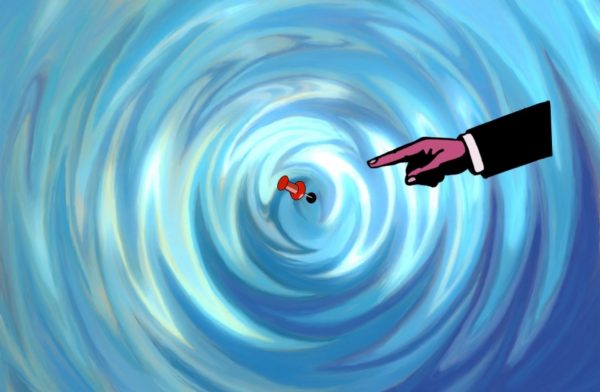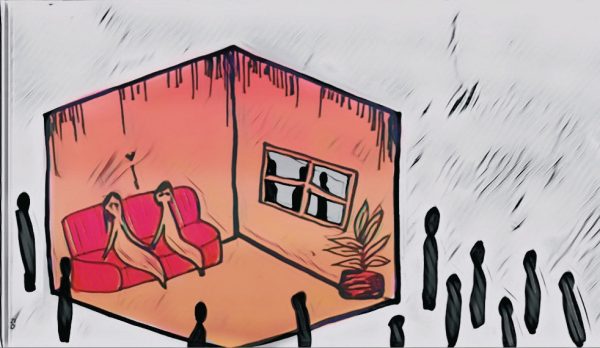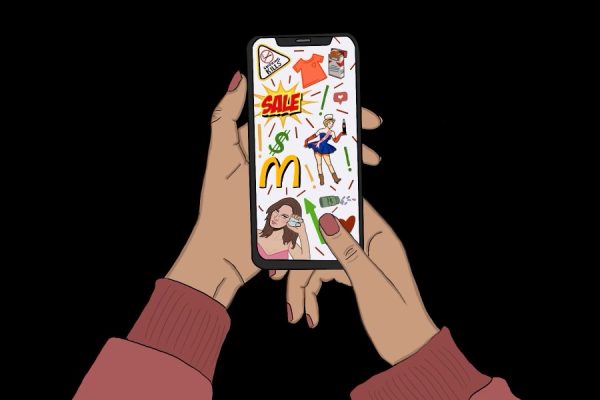Find the silver lining in COVID-19
April 9, 2020
It’s fairly easy to write negative opinions. All you have to do is come up with something you’re angry about, channel that fury into coherent sentences and voila! You’re a member of the problematic peanut gallery.
It’s easier still to write negative opinions right now, since 2020 has given us plenty of things to be angry and sad about.
But seeing as I’ve stress-baked three batches of cookies in the past two days, and held one too many emergency dance parties to squeeze every last ounce of serotonin out of life, I’m guessing that’s not what I, nor anyone else, needs at the moment.
So we’re going to try something new. Welcome to “Find the Silver Lining” with your host, me, Sophie Oehler, where we take terrible situations, turn them on their head, and vigorously shake them until they give us a reason to be happy.
Today’s guest is COVID-19, the viral sensation that’s gripping the nation. And every other nation, for that matter. The respiratory infection broke out in Wuhan, China in January of this year, and has made a wildfire sweep of the international community, infecting six of seven continents, and over 300,000 people.
But COVID does have a few silver linings, if you work really hard to look past the death, destruction and depression. We’re going to find them today.
If you’re anything like me, you’ve spent the majority of your self-isolation refreshing apps like Tik Tok and Instagram, until even the algorithm runs out of new content to give you.
During these scrolling marathons, you might’ve noticed the influx of trending pictures and videos of animals roaming empty streets and vacant cities with captions reading “nature will always find a way.”
According to National Geographic, it’s all fake. Which I’m not terribly surprised about, people will do anything for views, but it does give me hope that people will give more thought to their carbon footprint now that we’ve seen what could happen when humans go into hiding.
Because there are aspects of the widespread quarantine that have changed our environment.
While Venice might not in fact have welcomed dolphins back into their waters, there has been an increase in the numbers of fish population, and a decrease in boat and foot traffic, according to a video from the BBC.
Venice has struggled for years with mass tourism that creates terrible water pollution, and incredible economic struggles for locals. Since Italy’s lockdown in response to the pandemic, locals are reporting seeing large schools of fish in the canals, which as one Italian stated in an interview with the BBC, are the clearest he’s ever seen them.
We can even see effects such as this in our own country. Los Angeles, which for years now has been choked by heavy smog due to excessive air and car traffic, has seen the best air quality it’s had in a while. It’s been three weeks of “good” air quality on the index, and with the government mandated lockdown, hopefully the numbers will stay that way.
The air quality has been so good, that citizens are noticing better views of the mountains, valley, and ocean. During his Together At Home Instagram live concert, Grammy award winning artist Charlie Puth brought his audience out on to his porch to show off the Channel Islands that for years had remained hidden by smog, but can now be seen faintly in the distance.
In the city that has been named the smoggiest metropolitan area in the United States for 19 consecutive years by the American Lung Association, if anything, the lockdown is a bit of a breather (haHA) for the citizens of Los Angeles.
Another joy that COVID has brought us is the gift of time. With a large majority of the country in self isolation, we’re all spending most of our days trying to figure out something to do that isn’t school work, sleeping, or eating.
In a way, I think COVID-19 was sent to Earth to get people back on their New Year’s resolutions. Unless of course your resolution was to travel more, or see your friends more, you now have all the time in the world to read more, to learn how to cook, to workout every day, to learn a new language, the list goes on and on.
William Shakespeare wrote King Lear while in quarantine during the Black Plague. So who knows, maybe the novel you’re going to start writing will appear on the reading lists of highschoolers in generations to come. Wouldn’t that be exciting?
Lastly, we have to remember that there was a time before COVID-19, and there will be a time after COVID-19. While the time during COVID-19 is unsettling, we need to do our best as a society to not let it consume our every thought.
C.S. Lewis said it best in his Post World War II essay, “On Living in the Atomic Age”. In it, he responds to people’s fear of being destroyed by the new atomic bomb technology that was being threatened throughout the Cold War. In it he writes,
“If we are all going to be destroyed by an atomic bomb, let that bomb when it comes find us doing sensible and human things-…teaching, reading, listening to music, bathing the children, playing tennis, chatting to our friends over a pint and a game of darts- not huddled together like frightened sheep, thinking about bombs. They may break our bodies, but they need not dominate our minds.”
We live on a planet that is largely indifferent, and a universe that is largely ignorant, to our existence. We will all die, and one day, so too will our world.
On a normal day, without the looming threat of COVID-19, we do not sit inside, alone, worrying and waiting for the end to come. We go to work, we laugh, we play, we see our friends and family. We get everything out of life that we possibly can, so that we are ready for the end when it inevitable does arrive.
So why should it be different now? Why should we prepare for a disaster, when disaster could happen every day?
It’s time we do what humans do best, and use our resources to make the best of what we’re given. So take up painting, read that book you’ve been wanting to, open up that bullet journal you bought three years ago and never began working on. Sing like no one is listening and dance like no one is watching.
We have learned to survive in the age of the virus. Now, it’s time to start living.
I leave you with a joke that I found on the Internet that made me cry laughing for much longer than it should’ve, in hopes that you can continue your day with at least a smile, if not a mirthful tear in your eye:
Why can we get diseases from birds, pigs, and rats, but not anteaters?
It’s because they are filled with anty bodies.
And that’s the show, folks. I’ve been your host. Remember, hope will find a way. It always does. Goodnight, and good luck.


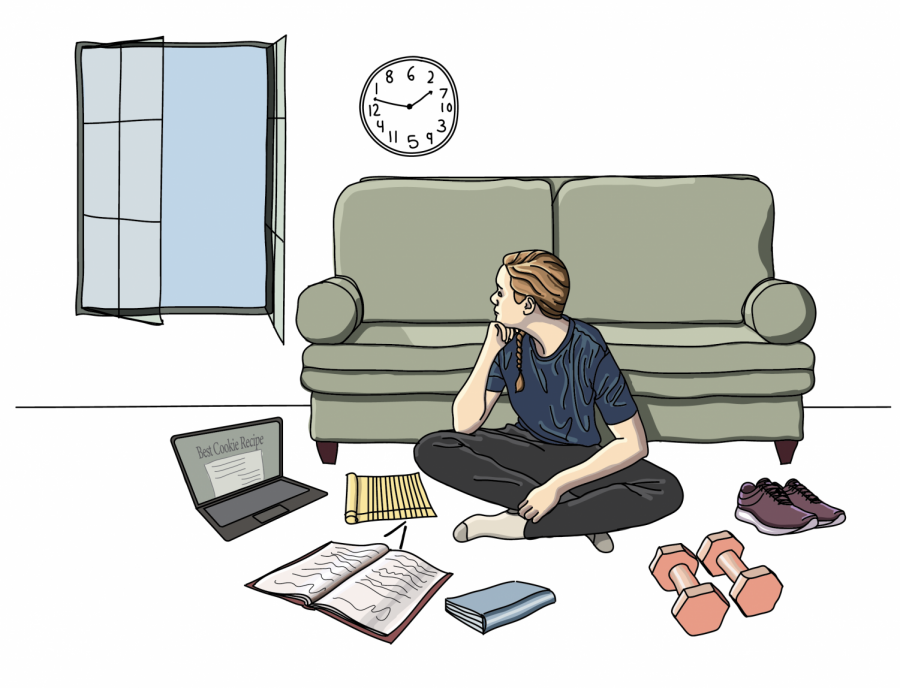
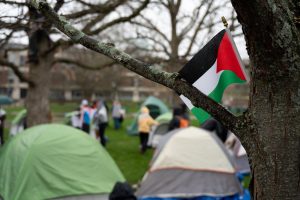



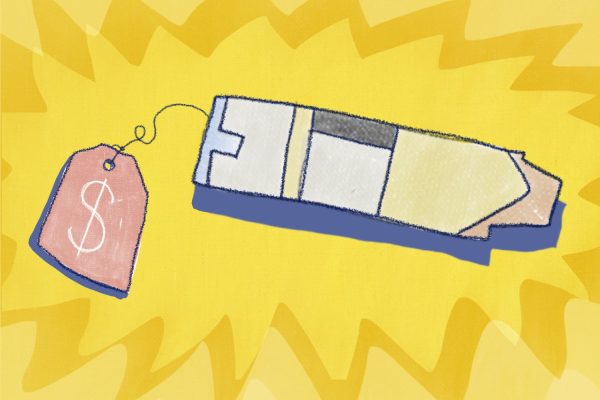
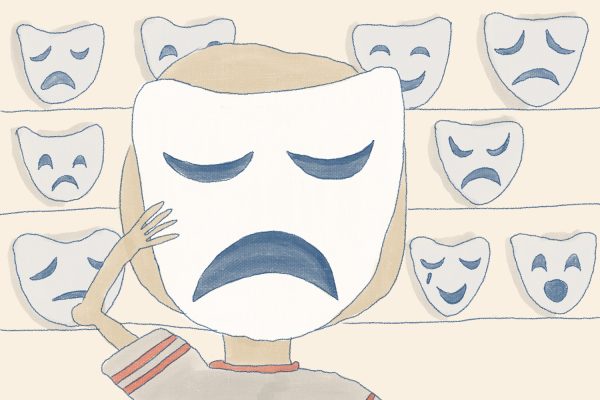
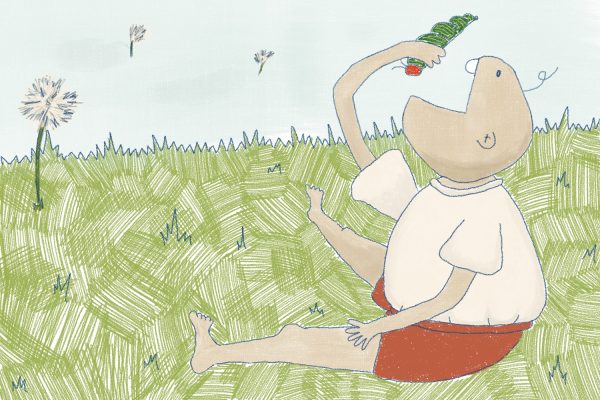
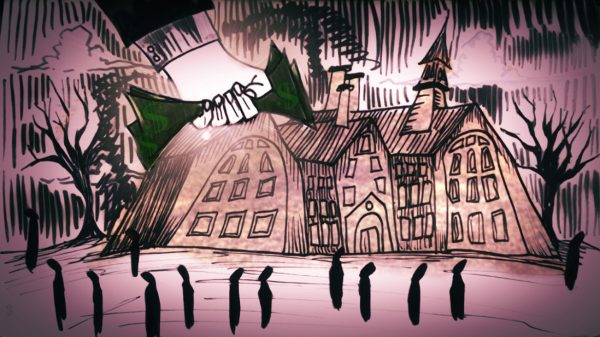

![Can’t buy me [self] love](https://vtcynic.com/wp-content/uploads/2024/04/self-care-FINAL-600x398.jpg)

